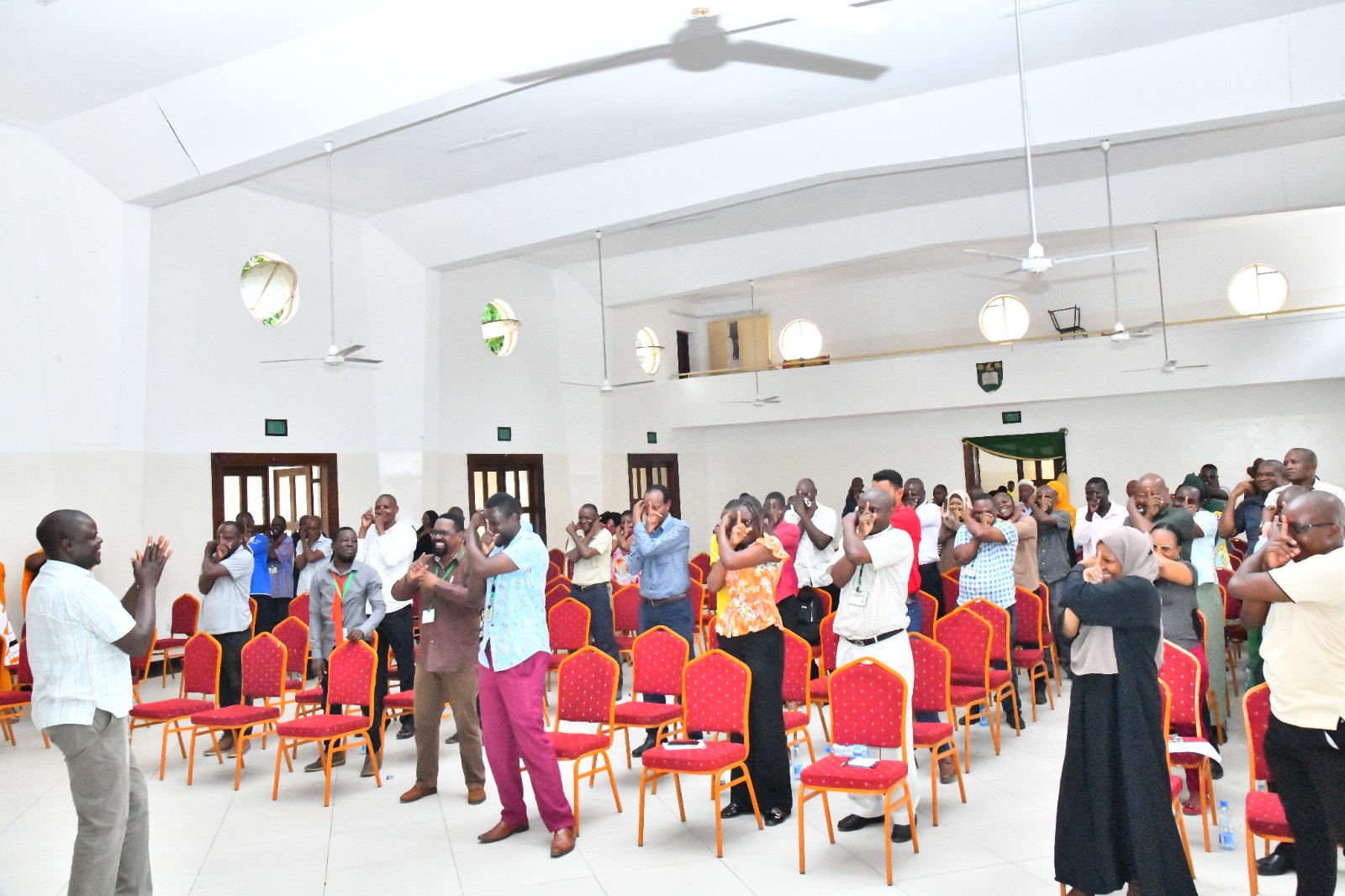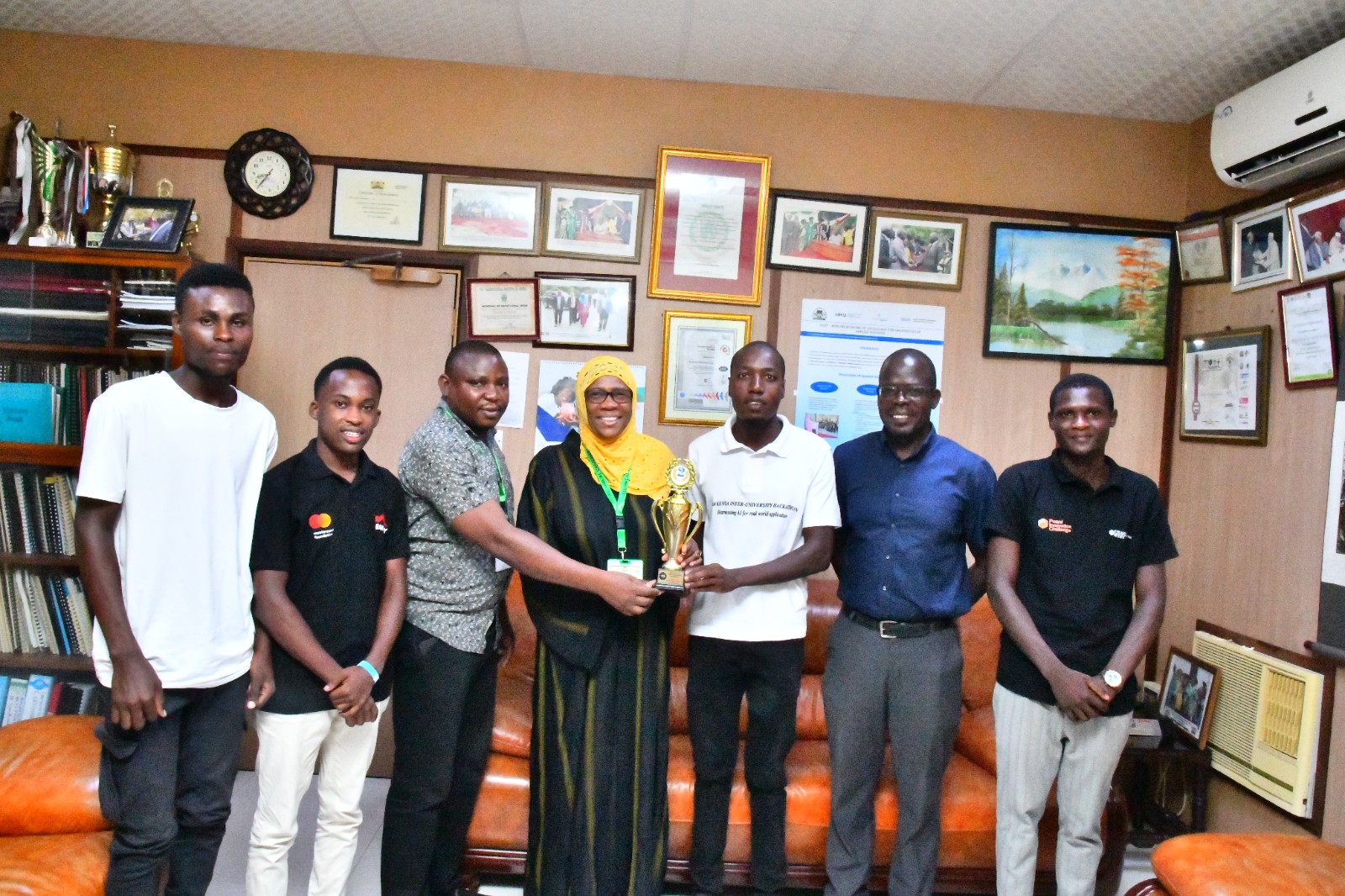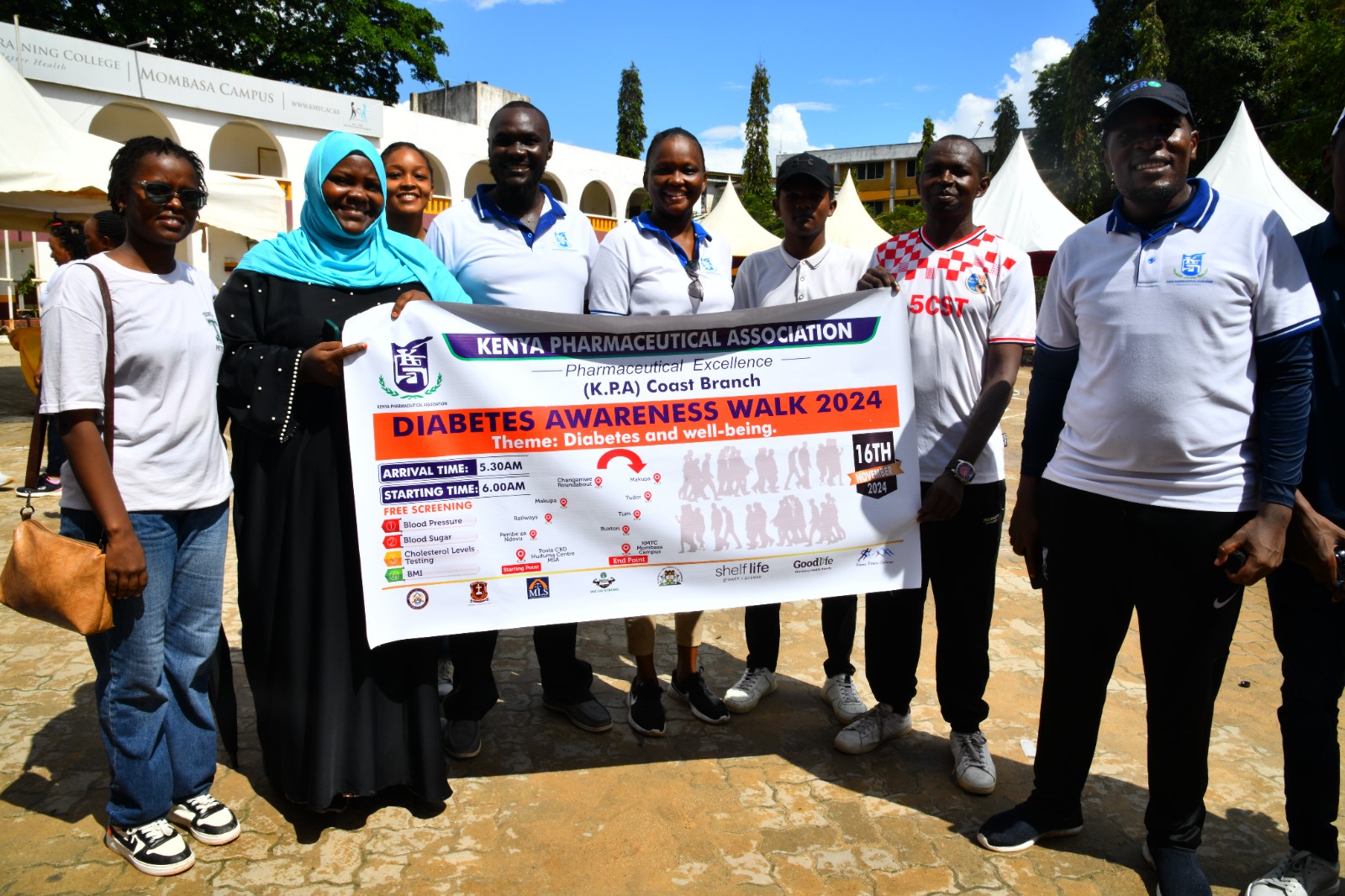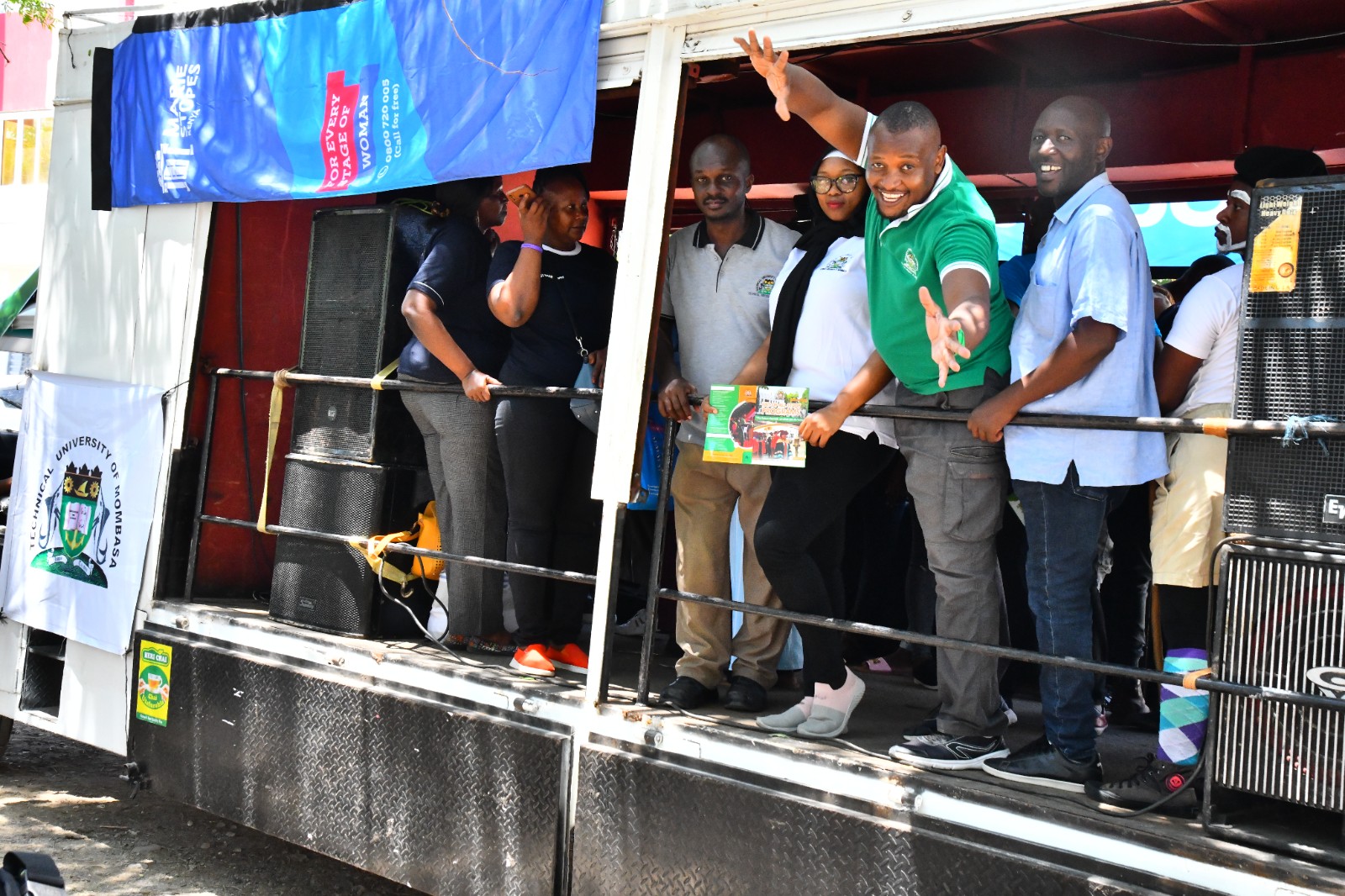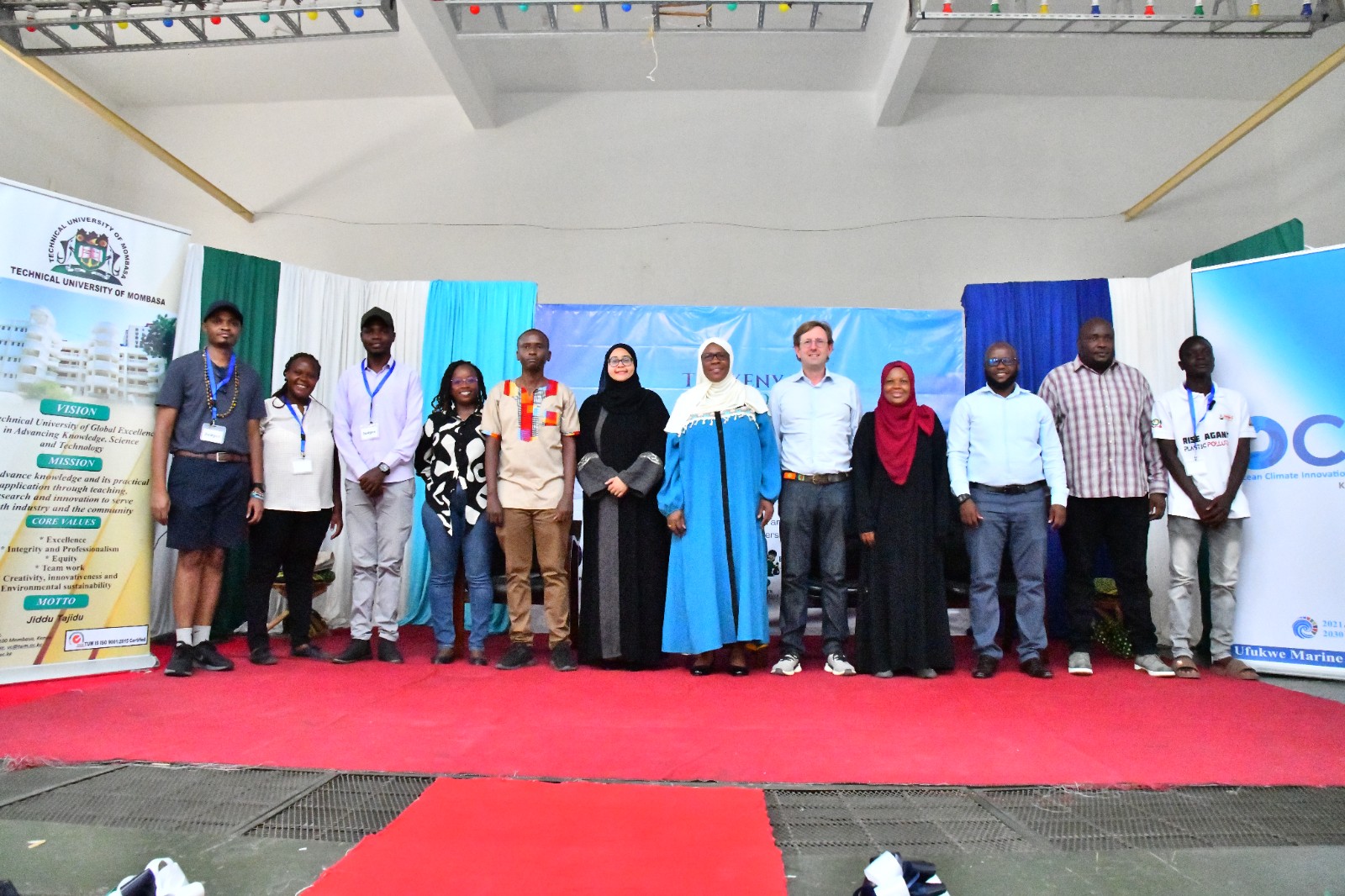On October 7, 2024, Prof. Laila Abubakar officially launched a three-day security training program organized by the National Counter Terrorism Centre (NCTC) for staff at TUM. The first two days are dedicated to employees at the main campus and TUM council members, while the final day focuses on staff at the Kwale campus. The primary goal of this training is to equip TUM personnel with essential response strategies aligned with global security standards.
In her opening remarks, Prof. Laila emphasized the importance of such initiatives within the TUM community to ensure preparedness for any potential threats. She noted that this workshop complements TUM’s ongoing security efforts in combating radicalization and violent extremism, serving as a proactive approach to understanding the nature of terrorism, its mechanisms, and the profiles of potential victims.
During the training, the NCTC team, led by Principal Liaison Officer Mr. Jeremy Mugwiria, underscored the timeliness of the session, highlighting that anyone can be susceptible to radicalization. He described the initiative as a vital step to demystify the concept of terrorism. Mr. Milton Ogola, another team member, addressed the sources of security threats and the protective measures TUM can implement. He stressed that for a crime to occur, it requires the convergence of three elements: a motivated offender, a vulnerable target, and a lack of guardianship, making it everyone's responsibility to report any suspicious activity.
The session became increasingly interactive when Mr. Julius Mutai from NCTC presented various types of Improvised Explosive Devices (IEDs), explaining how attackers employ these devices to inflict mass destruction. Alongside TUM's Chief Security Officer, Rtd. Major Dr. Mohammed Morowa, he demonstrated effective strategies for safely evacuating a crime scene.
The training highlighted both individual and institutional responsibilities in countering violent extremism and terrorism, fostering a collaborative approach to ensuring safety within the TUM community.

